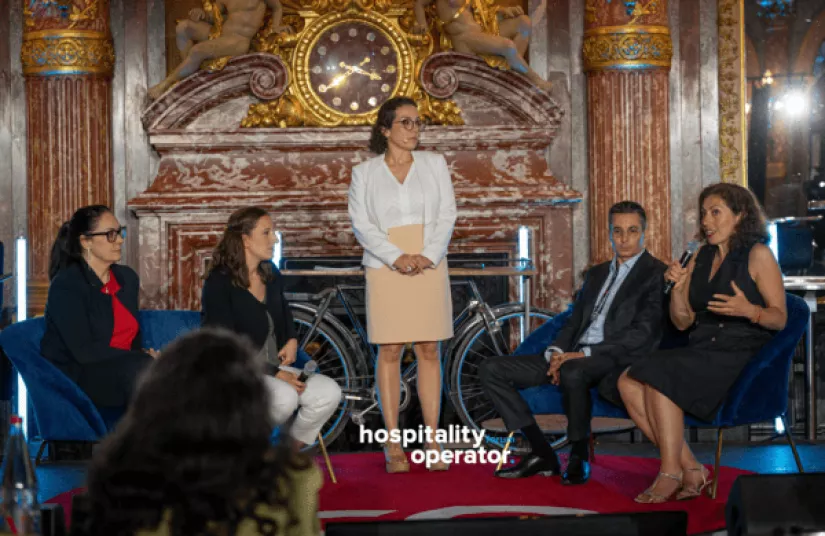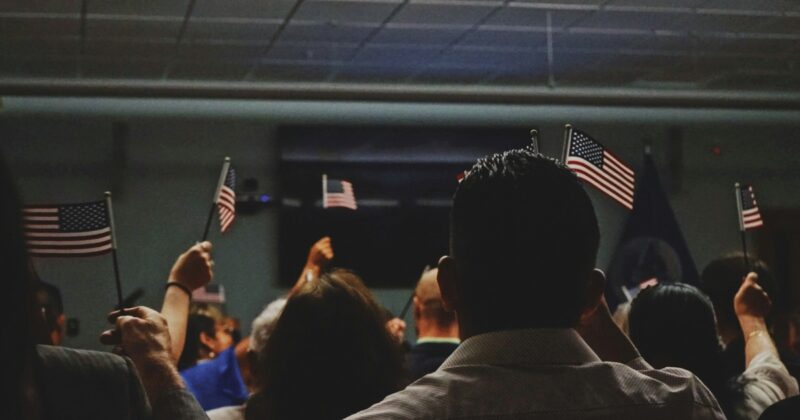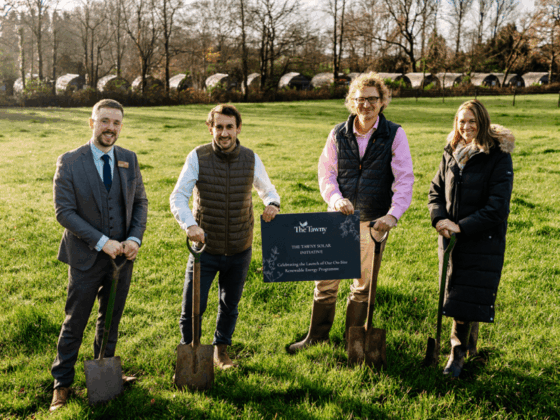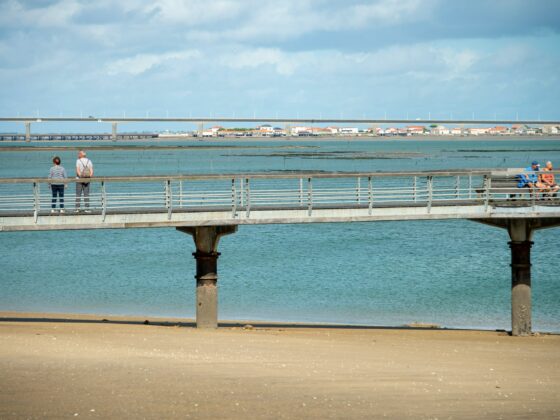
Emmanuelle Tulliez: Perhaps a few words about what you heard from the students at this first edition of Hospitality Operator Fiction. If, as professionals, you were to address a message to them, and to all the students in the sector, what would you say to them?
Cécile Rosset Piettri: I think the first thing we can tell them is that we’re listening to them, and that we want them to get involved and participate. We’ll be there to give them a voice and work with them in that direction. We’re all aware of that here: it’s the future.
Sophie Donabedian: What I took away from their speech is that, first and foremost, action requires visibility and understanding. This is essential. They expressed it clearly: without making environmental, social and societal issues visible and understandable, we don’t know how to act.
So the first step is to make these issues visible and share them transparently. We may be imperfect, that’s not a problem, but it’s essential to know what we’re talking about. We’re talking about CO2, we’re talking about waste, but what exactly are we talking about? Once we have the facts and figures, we’re in a better position to act.
Secondly, what struck me about their approach was that they projected themselves, they went into action mode. They involved customers and local communities. The real driving force behind a CSR transformation is getting people involved, often through simple but concrete actions. Making things visible and taking the first step is what gets everyone involved. In my opinion, these two ingredients are essential for change.
Nicolas Dayot: Everything has already been said, but to come back to another point, many campsites are small. The issue of employer branding also arises here. We have the big groups, the family groups and the…








